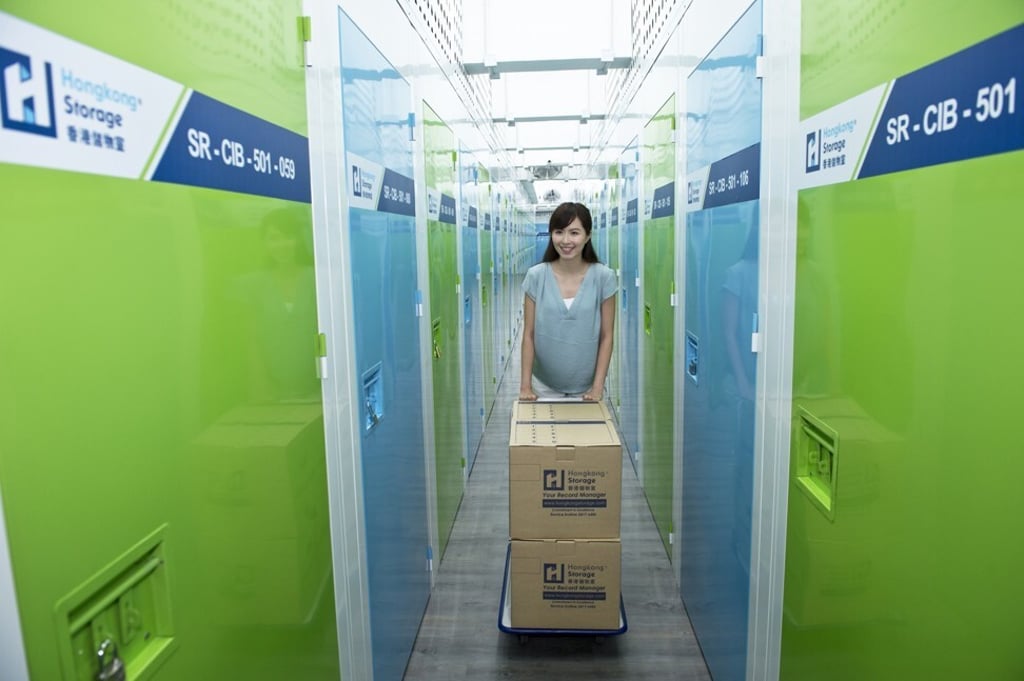Storage wars: Hong Kong’s industrial buildings coveted by funds as pandemic lures Blackstone, boosts yield appeal
- Industrial buildings made up 53 per cent of property transactions in the first quarter, versus 16 per cent for all of 2020 deals
- They offered 2.8 per cent yield in March versus 2.5 per cent for grade A offices and 2.4 per cent for retail assets, according to government data

US private equity giant Blackstone Group teamed up with StoreFriendly Self Storage Group to pick up an industrial building known as New Media Tower in Kwun Tong for HK$508 million (US$65.43 million) in April. The seller was Emperor International Holdings.
Demand for such property is likely to increase by 10 to 15 per cent in the near future amid shrinking living space, higher residential costs and growth in online retailing and general population in recent years, said Kevin Chan, chairman of Hong Kong-based Storefriendly.
“Demand from business users is growing with e-commerce standing out ... particularly as a growing number of consumers shift their focus online in response to Covid-19,” said Chan, whose group operates more than 130 branches and 40,000 self-storage units across Asia. Smaller living spaces also encourage households to substitute storage space in their homes, he added.

Industrial properties also offered the best returns to investors in the sector in Hong Kong, according to government statistics. They yielded 2.8 per cent compared with 2.5 per cent for grade A offices, 2.4 per cent for retail properties and 2.3 per cent for small flats, according to March data.